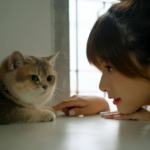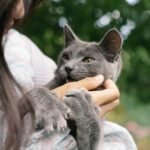Have you ever wondered what your cat is really feeling when she curls up by your side or softly blinks at you from across the room? The truth is, cats are deeply emotional creatures, even if their ways of showing it are subtle and mysterious. Unraveling the hidden clues about your feline friend’s emotional state can be both heartwarming and surprising. Sometimes, the most ordinary behaviors are actually powerful signs that your cat feels safe, loved, and emotionally balanced with you. Let’s dive into the secret language of cats and discover the 10 clear signs your cat feels emotionally regulated with you.
Slow Blinking: The Silent “I Love You”

When your cat looks at you and slowly closes and opens her eyes, she’s not just feeling sleepy. This slow blinking is a powerful sign of trust and affection. In the cat world, closing their eyes in your presence signals that they feel calm and secure, since they don’t have to be on high alert. Try slow blinking back! Many cat behaviorists believe this is the feline equivalent of blowing a kiss. It’s a quiet but undeniable way of saying, “I trust you with my safety.” If your cat greets you with these gentle blinks, you can be sure she feels emotionally safe and content with you.
Exposing Their Belly: The Ultimate Vulnerability
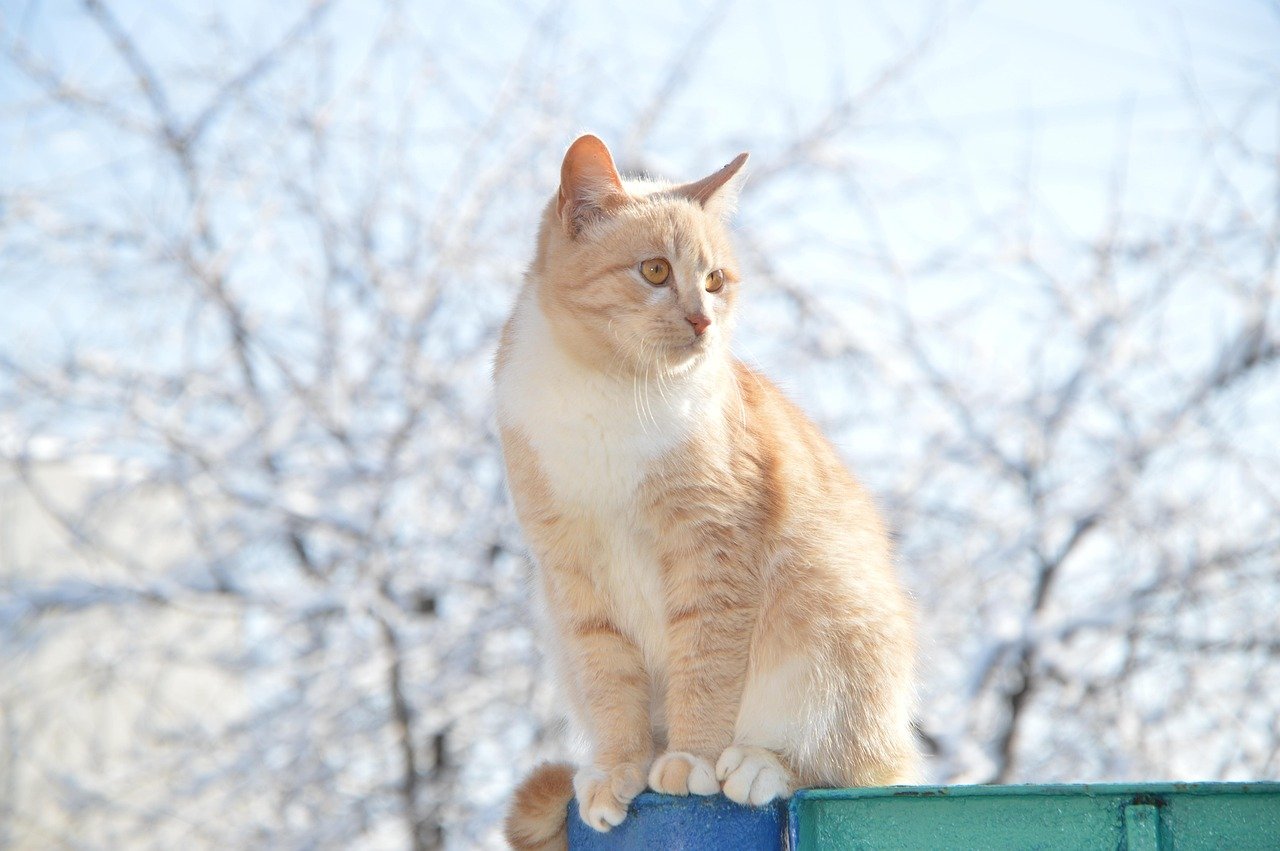
A cat’s belly is its most vulnerable spot. When your cat rolls over and exposes her stomach, it’s a huge gesture of trust. She’s telling you that she doesn’t feel threatened and is comfortable in your presence. It’s not always an invitation for belly rubs (some cats prefer to just show, not touch!), but it absolutely means she feels emotionally relaxed. This vulnerable pose would never happen if your cat was anxious or fearful. Think of this as your cat’s way of saying, “With you, I can let my guard down.”
Purring in Your Presence: The Sound of Contentment

Purring is often seen as the universal sign of a happy cat. But did you know that cats only purr when they feel truly comfortable and safe? When your feline friend curls up on your lap and starts purring, it’s her way of telling you she feels emotionally at ease. Some cats even seek out their human’s company to purr, using the soothing sound as a way to bond and regulate their own emotions. If your cat regularly purrs around you, it’s a beautiful sign that she’s emotionally regulated and feels your love.
Following You Around: Your Furry Shadow

Does your cat follow you from room to room, even into the bathroom? While some might call it nosy, this is actually a sign of deep attachment and trust. Cats that are emotionally secure with their humans want to be near them, even if it’s just to watch you cook or read a book. Being your little shadow shows she feels safe enough to relax in your presence, and your company is comforting to her. This behavior is especially meaningful because cats are typically independent animals.
Grooming You: Licks and Love Bites

When your cat licks your hand or gives you gentle love bites, she’s treating you as part of her family. Grooming is a social activity cats reserve for those they feel emotionally close to. It’s not just about cleanliness—licking and nibbling helps cats bond and feel secure. If your cat grooms you, she’s showing that she trusts you and sees you as a source of comfort and safety. This intimate gesture is a strong indicator of emotional regulation and affection.
Head Butting and Cheek Rubbing: Sharing Scent and Trust

Have you ever felt your cat gently bump her head against you or rub her cheeks on your hand? This isn’t random—it’s called “bunting,” and it’s a loving act. Cats have scent glands on their heads and cheeks, and when they rub against you, they’re marking you as part of their safe space. This behavior means your cat feels emotionally secure and wants to share her world (and scent) with you. It’s her way of saying, “You belong with me.”
Sleeping Near or On You: Resting in Total Trust
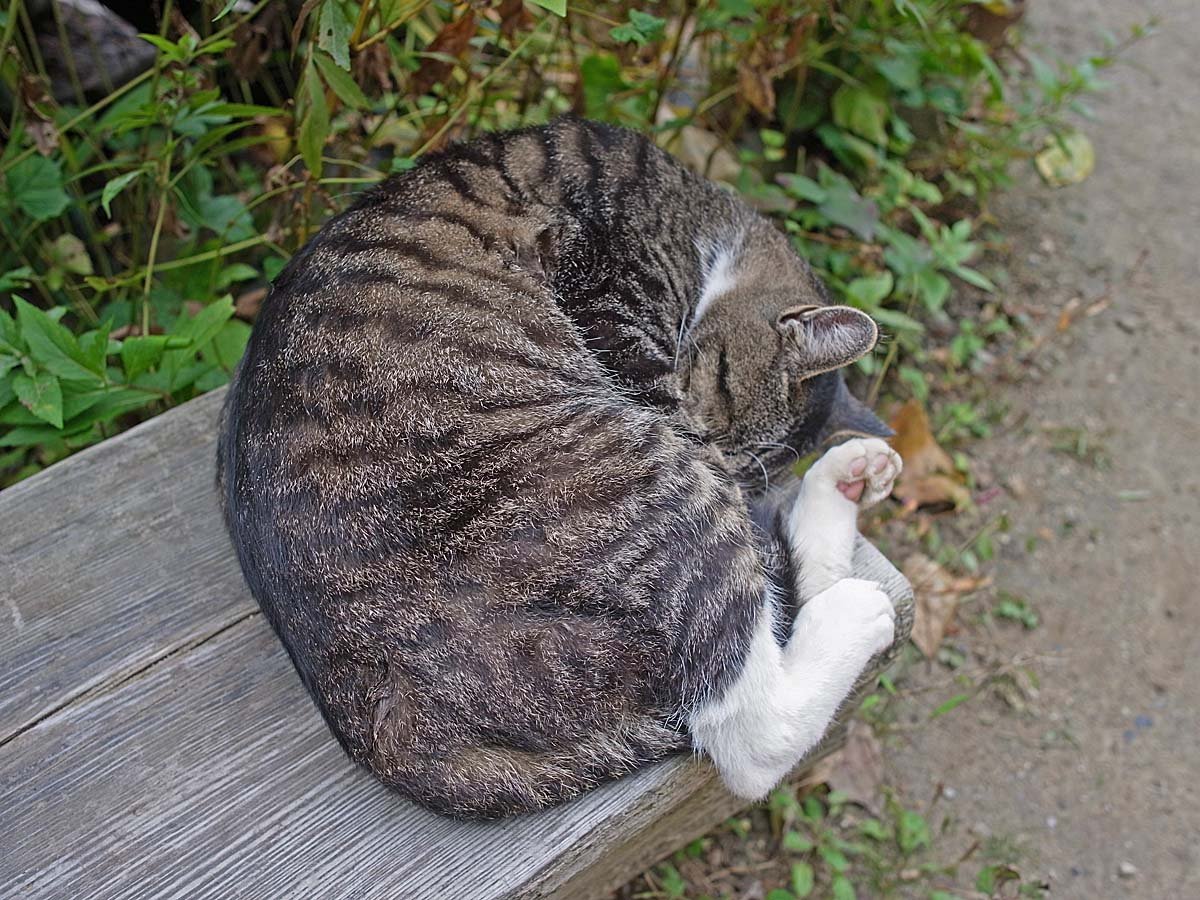
Cats are at their most vulnerable when they sleep. If your cat chooses to nap on your lap, at your feet, or even on your chest, it means she feels completely safe with you. She trusts you to protect her while she’s unaware of her surroundings. This level of comfort is a major sign of emotional regulation—your cat has let go of fear and anxiety in your presence. Sleeping close is also her way of strengthening your bond.
Playfulness: Feeling Free to Be Silly
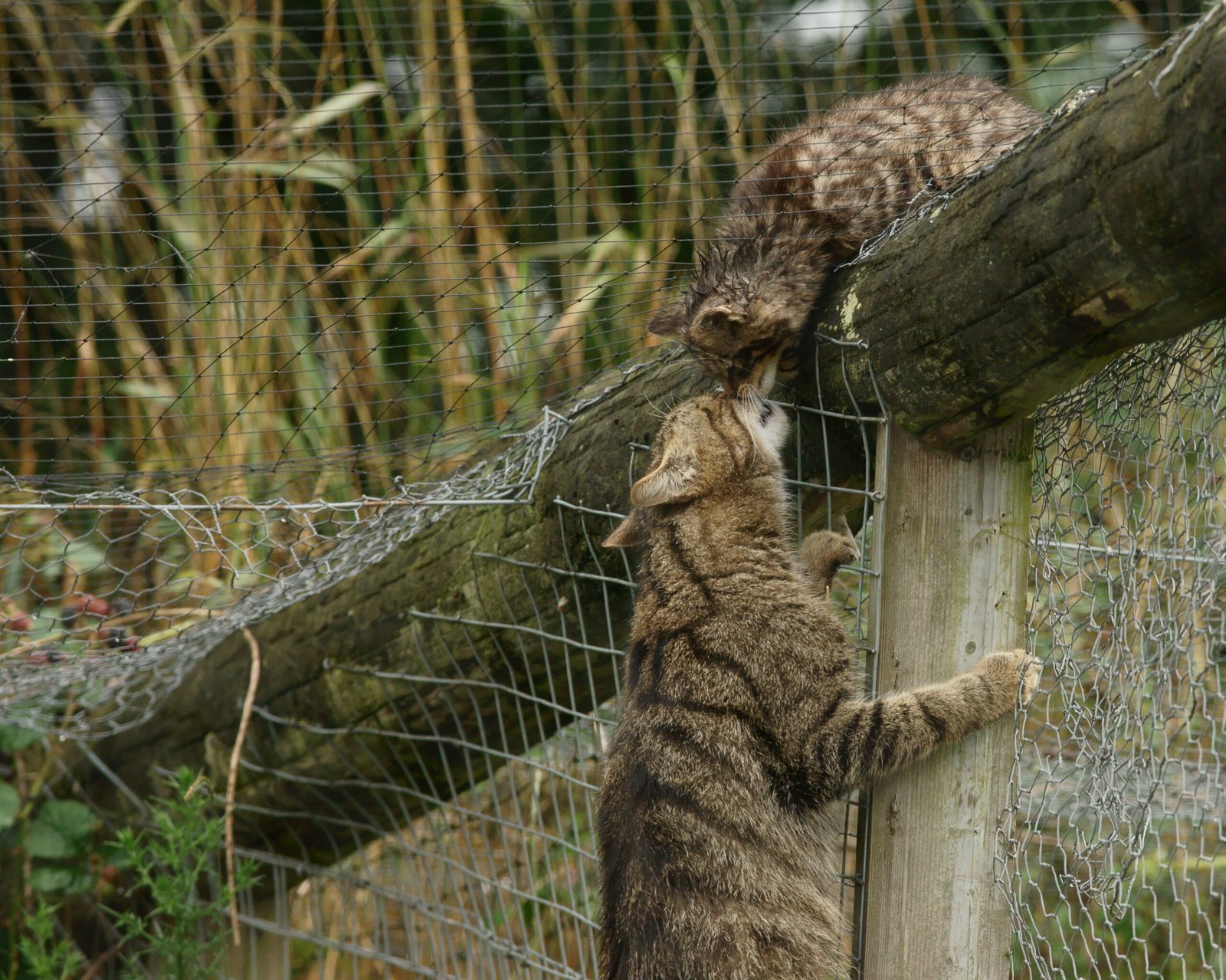
An emotionally regulated cat feels free to play, pounce, and show her goofy side. If your cat chases toys, bats at strings, or even initiates games with you, she’s expressing joy and trust. Play is a vulnerable activity; a cat must feel at ease to let her guard down and engage in silly antics. When your cat feels safe enough to play, it’s a sure sign she’s emotionally balanced and happy in your company.
Meowing and Vocalizing: Starting Conversations
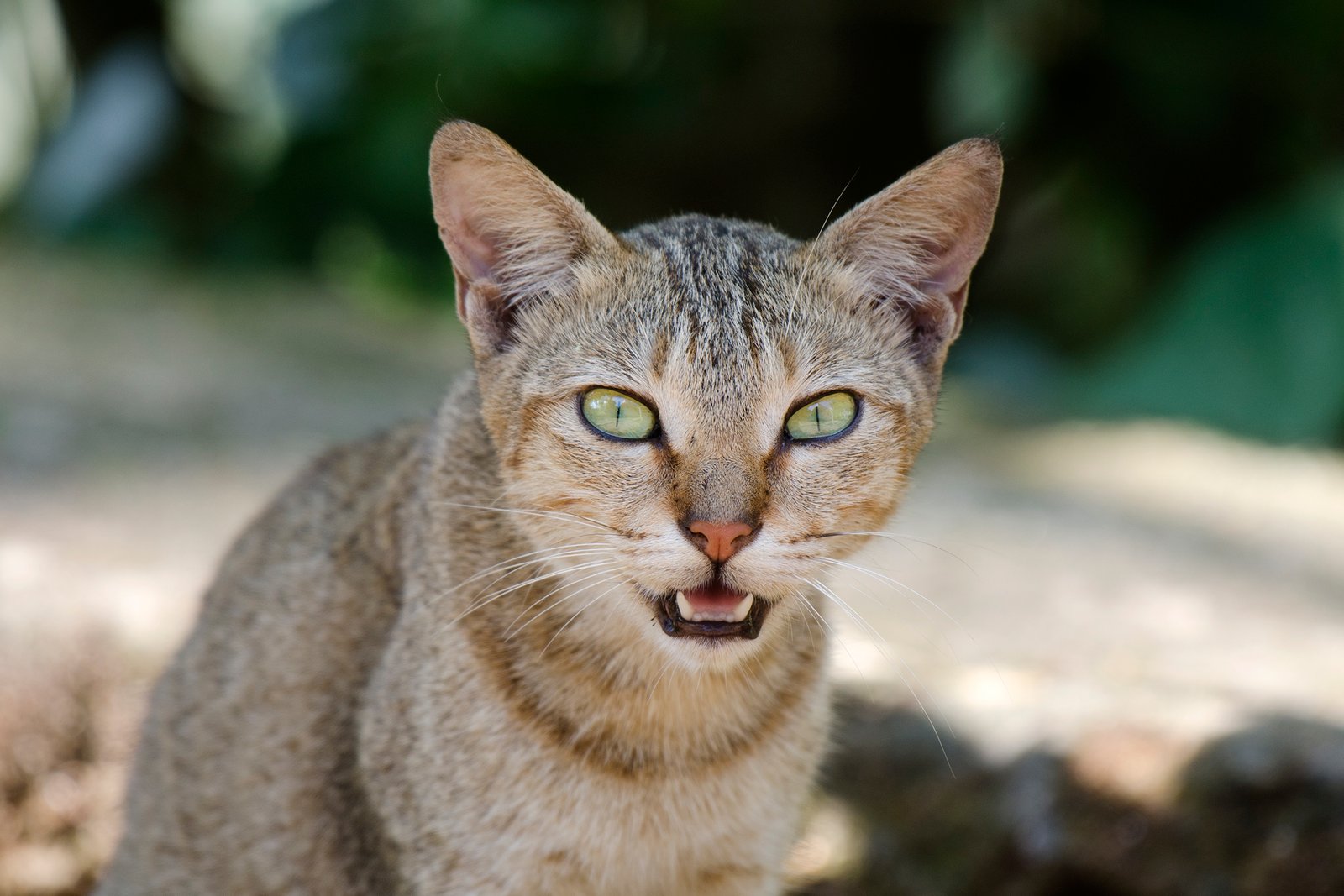
While cats don’t speak our language, their vocalizations are a way of connecting with us. If your cat meows, chirps, or even “talks” to you, she’s actively seeking your attention and interaction. This communication is a sign that she feels emotionally regulated and comfortable sharing her needs or feelings. Some cats are naturally more chatty, but even the quieter ones will find ways to “speak” to those they trust.
Tail Language: Happy Tails, Happy Hearts
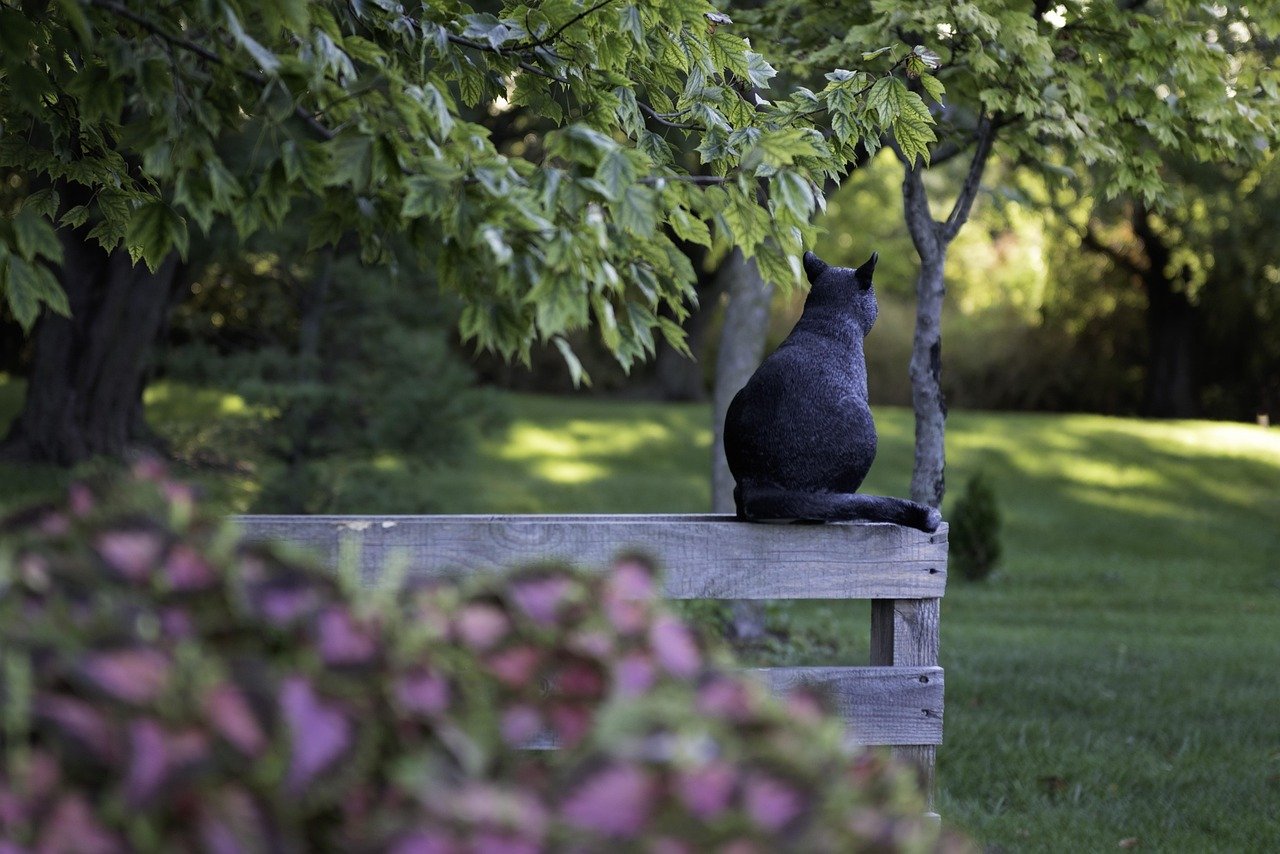
A cat’s tail is like a mood ring. When your cat greets you with her tail held high, maybe even with a little curve at the tip, it’s a sign she’s happy and confident. A gently swaying tail or one that softly wraps around you also signals comfort and affection. These tail movements show your cat feels emotionally regulated and pleased to be near you. Watching her tail is a simple way to check in on her emotional state.
Soft Kneading: Paws of Contentment
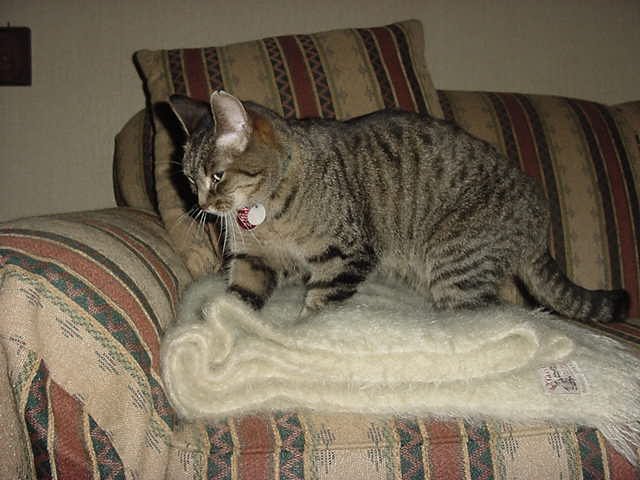
When your cat presses her paws into your lap or a cozy blanket, she’s displaying a behavior called kneading. This motion goes back to kittenhood, when kneading helped stimulate their mother’s milk. Adult cats knead when they feel safe, happy, and emotionally regulated. It’s a sign that your presence brings your cat comfort, almost like returning to the safest place she knows.
Bringing You “Gifts”: Sharing the Hunt

As strange as it may seem, when your cat brings you a toy or, occasionally, a less welcome “gift” from outside, it’s a sign of affection and trust. She’s sharing her “hunt” with you, treating you as family. This behavior means your cat feels emotionally regulated and safe enough to share her prized possessions. It’s a quirky but meaningful way she communicates her bond with you.
Chirping and Trilling: Excitement and Connection
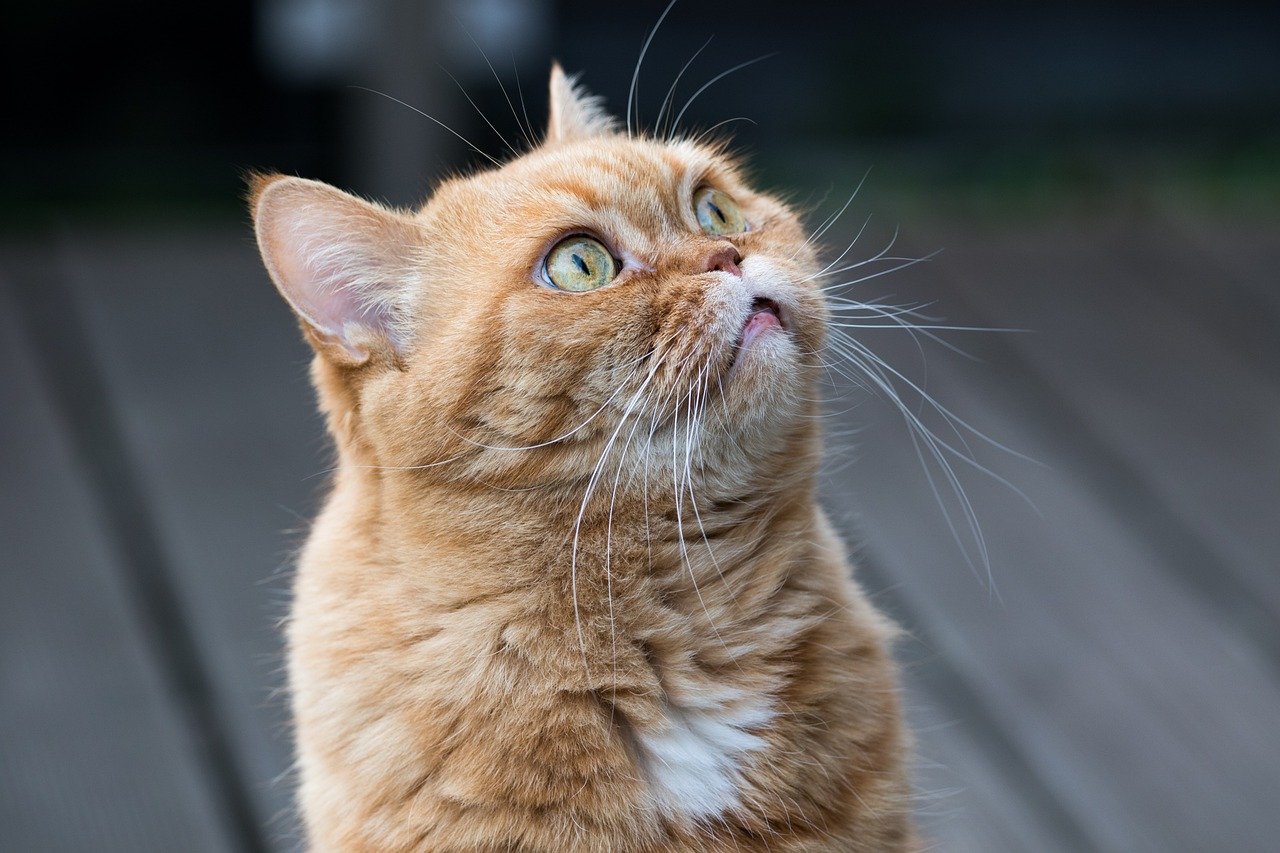
Some cats make unique sounds—like chirps or trills—when they greet their humans. These special vocalizations are reserved for those they feel closest to. If your cat greets you with these happy sounds, she’s expressing excitement and emotional security. It’s her way of saying, “I’m glad you’re here!” Chirping and trilling are playful, affectionate noises that reveal your cat’s inner happiness.
Showing Their Back: Trust Without Words
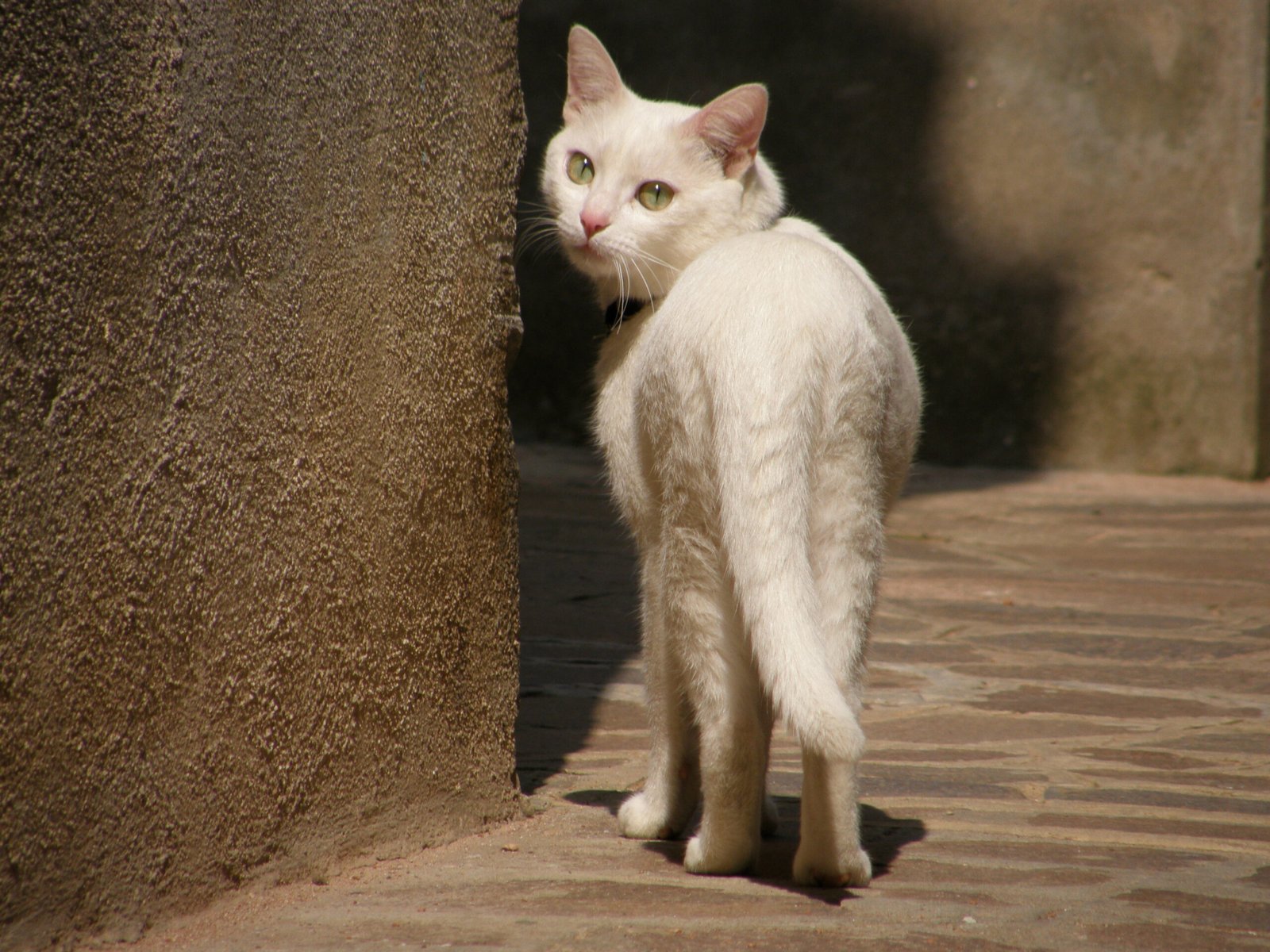
If your cat turns her back on you or sits with her back facing you, don’t take it as a snub. Instead, this is one of the greatest signs of trust. A cat that exposes her back is showing she doesn’t feel threatened—she trusts you to have her back, literally! It’s a subtle but powerful gesture that signals emotional regulation and a deep sense of safety.
Gentle Touches: Paw Pats and Soft Nudges
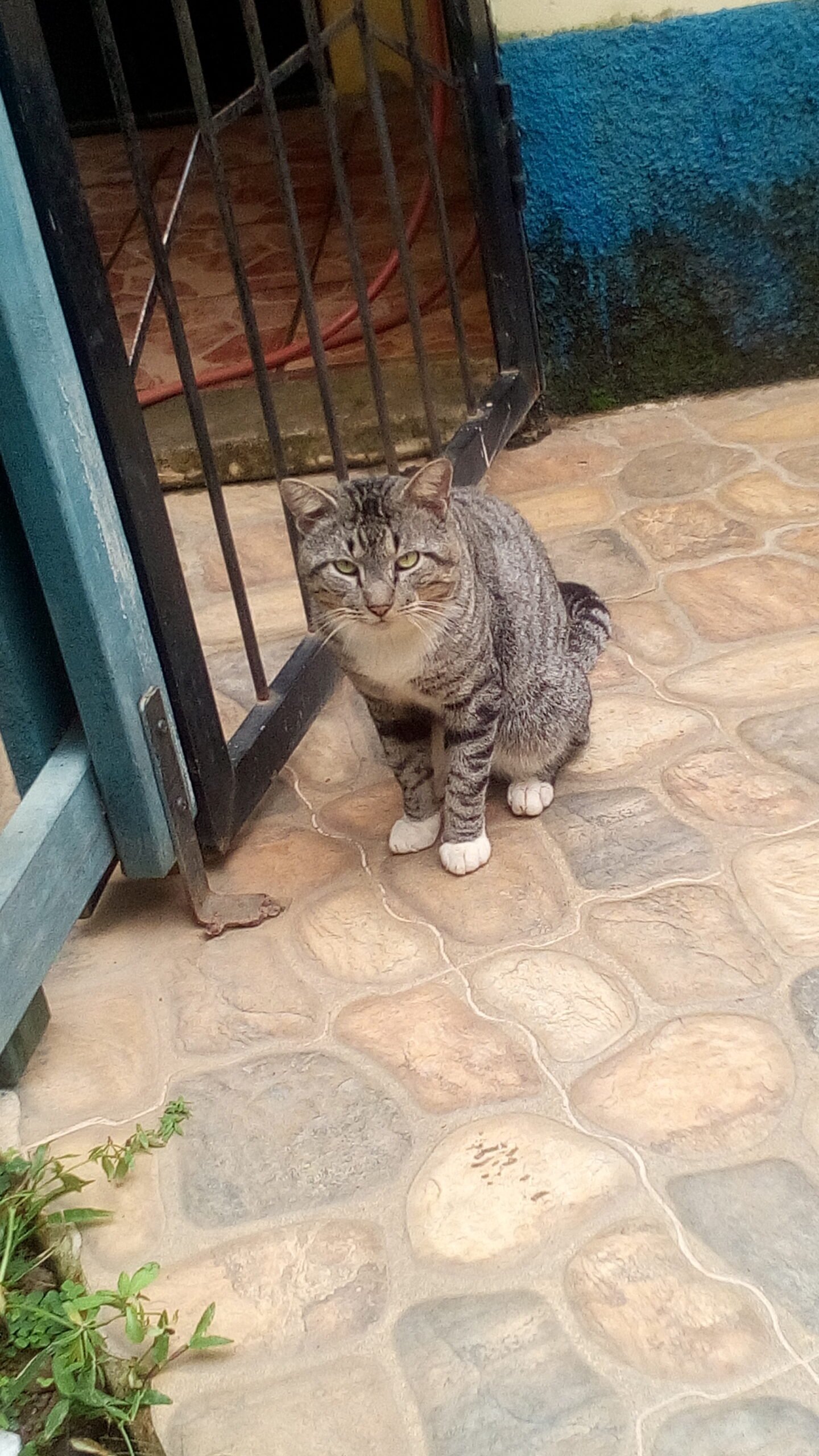
When your cat reaches out to touch you with her paw or gives you a gentle nudge, she’s seeking connection and reassurance. These soft touches are her way of establishing a bond and sharing affection. Cats that feel anxious or scared tend to keep their distance, so these gentle physical interactions show that your cat is emotionally balanced and comfortable in your presence.
Eating Comfortably Around You: Dining in Peace
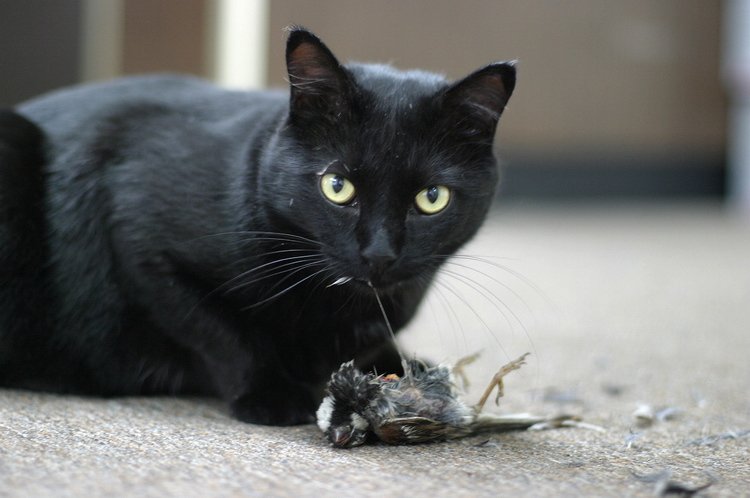
Cats are naturally cautious eaters, especially in new or stressful environments. When your cat eats her meals near you without hesitation, it means she feels safe and at ease. Some cats even like to eat while their humans are nearby, seeing you as part of their comfort zone. Eating comfortably in your presence is a strong sign of emotional regulation and trust.
Responding to Your Voice: Recognizing and Relaxing

Does your cat perk up, come running, or even relax when she hears your voice? Responding positively to your words shows she associates your presence with safety and calm. Cats that feel anxious may hide or ignore you, but those who are emotionally regulated will tune in and react to your tone. Your voice becomes a source of comfort, reinforcing your special bond.
Relaxed Posture: The Body Language of Calm

A cat that feels emotionally regulated will show it through her body language. Look for signs like a loose, stretched-out body, soft ears, and half-closed eyes. She may lie on her side, stretch her paws, or even flop down with a sigh. These relaxed postures demonstrate that your cat feels no threat from her environment and is completely at ease with you.
Initiating Cuddles: Seeking Your Affection
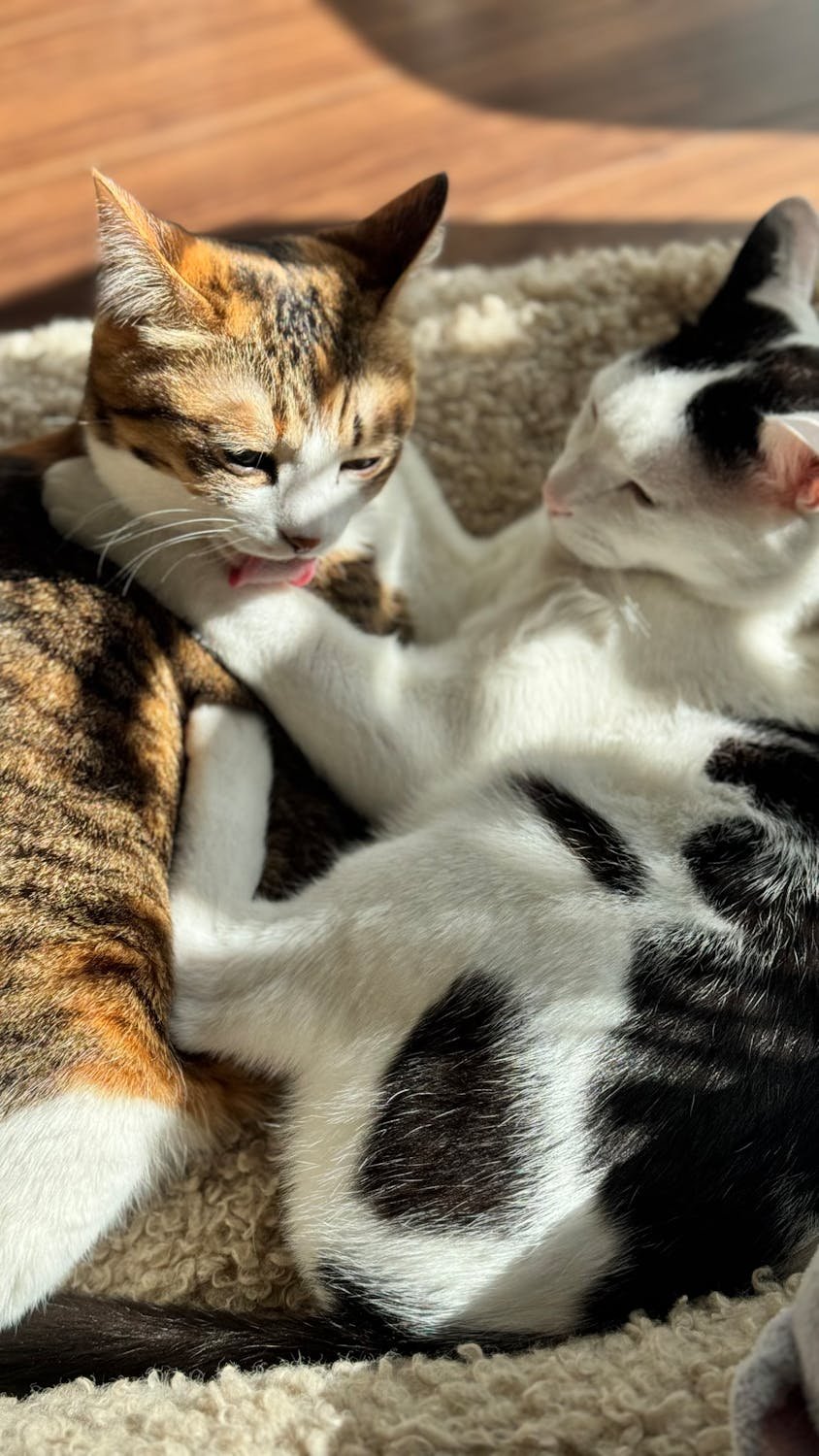
Not all cats are lap cats, but when your cat chooses to snuggle up to you, it’s a sign of emotional security. Initiating cuddles means your cat feels safe, loved, and wants to share warmth and comfort. Even if it’s just curling up next to you or resting her head on your arm, these moments of closeness are precious. Your cat’s desire to be near you shows she feels emotionally regulated and happy in your company.
Staying Calm During Change: Stability in the Storm
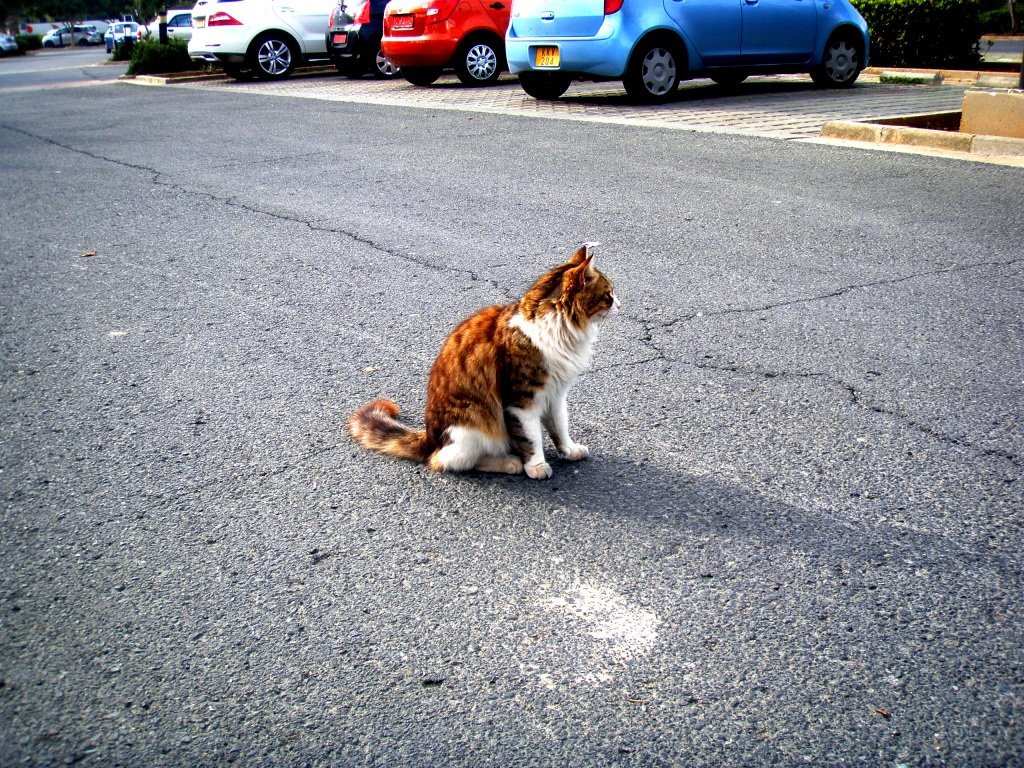
Life isn’t always predictable, and changes in routine can unsettle even the calmest cats. But if your cat remains relaxed when there’s a new visitor, a loud noise, or a sudden change in her environment, it’s a testament to her emotional regulation. She trusts you to keep her safe, and your steady presence helps her cope with uncertainty. This resilience and calmness are the ultimate signs that your cat feels emotionally secure with you.
Hi, I’m Bola, a passionate writer and creative strategist with a knack for crafting compelling content that educates, inspires, and connects. Over the years, I’ve honed my skills across various writing fields, including content creation, copywriting, online course development, and video scriptwriting.
When I’m not at my desk, you’ll find me exploring new ideas, reading books, or brainstorming creative ways to solve challenges. I believe that words have the power to transform, and I’m here to help you leverage that power for success.
Thanks for stopping by, Keep coming to this website to checkout new articles form me. You’d always love it!



